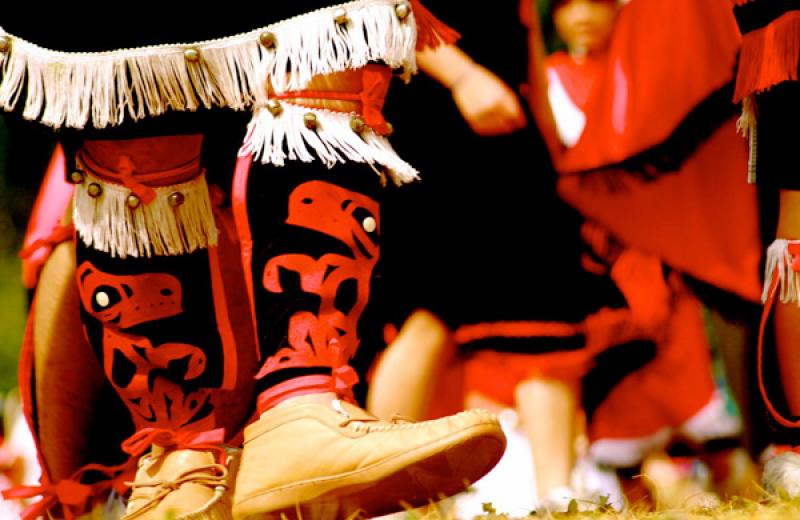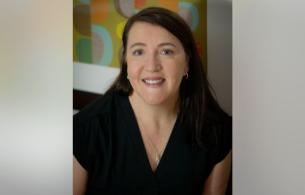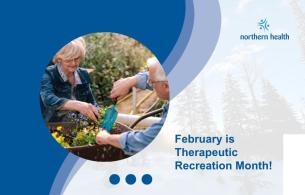This article first appeared in Northern Health - Health and Wellness in the North, Summer 2019.
Think back to your last visit to your family doctor – did someone greet you in your own language? If you couldn’t easily talk with the doctor, how would you have felt?
Language doesn’t just help us communicate; it’s how we create cultural history, traditions, and memories.
In 2015, Northern Health signed a commitment to help everyone feel respected and safe when they interact with the health care system. Having good access to health care is important, but so is having a positive experience, and hearing your own language is an important part of this. Recognizing this, Northern Health’s Northwest East (Smithers and area) Indigenous Health Improvement Committee released the Gitxsan Phrasebook for Health Care Providers in 2017. The project tried to answer the question, “How can Hazelton make health care more accessible for the local Indigenous population?”
The same team has now released a follow up booklet with specific health care phrases in Gitxsan, plus common symptoms and names of body parts.
“More than anything, the resource was created to teach people who don’t speak Gitxsan some basic phrases and help them communicate with native speakers,” says Angie Combs (Wii Sim Ts’aan) who helped organize both projects. Combs is an Aboriginal Patient Liaison at Wrinch Memorial Hospital in Hazelton.
She says the process started with a few people interested in learning the language and grew from there.
Creating the two volumes wasn’t easy: Gitxsan is considered an endangered language, with only about 1,000 speakers left.
Not one to shy away from a challenge, Combs met with local Elders and Knowledge Holders (many of whom are featured in the booklet) to collect words and phrases, and to gain insights on how health care can be improved from the Indigenous perspective.Combs notes that while many community members can understand English, hearing your doctor say something as simple as “Hindahl wila win?” (“How are you?”) in Gitxsan “really makes you feel good.”
Combs and the Northwest East Indigenous Health Improvement Committee have given the booklet to health care providers at Wrinch Memorial Hospital to honour and support their ongoing commitment to cultural safety for everyone in the community. The booklet is pocket-sized, making it easy for doctors to use when talking to their patients.
To help non-Gitxsan-speakers feel more confident, the booklet spells out words and phrases phonetically alongside their English translations.
As well, Hazelton health care facilities will soon display posters featuring Gitxsan health care phrases. You can also get digital copies of the phrase book through Northern Health’s Indigenous Health website.














Comments